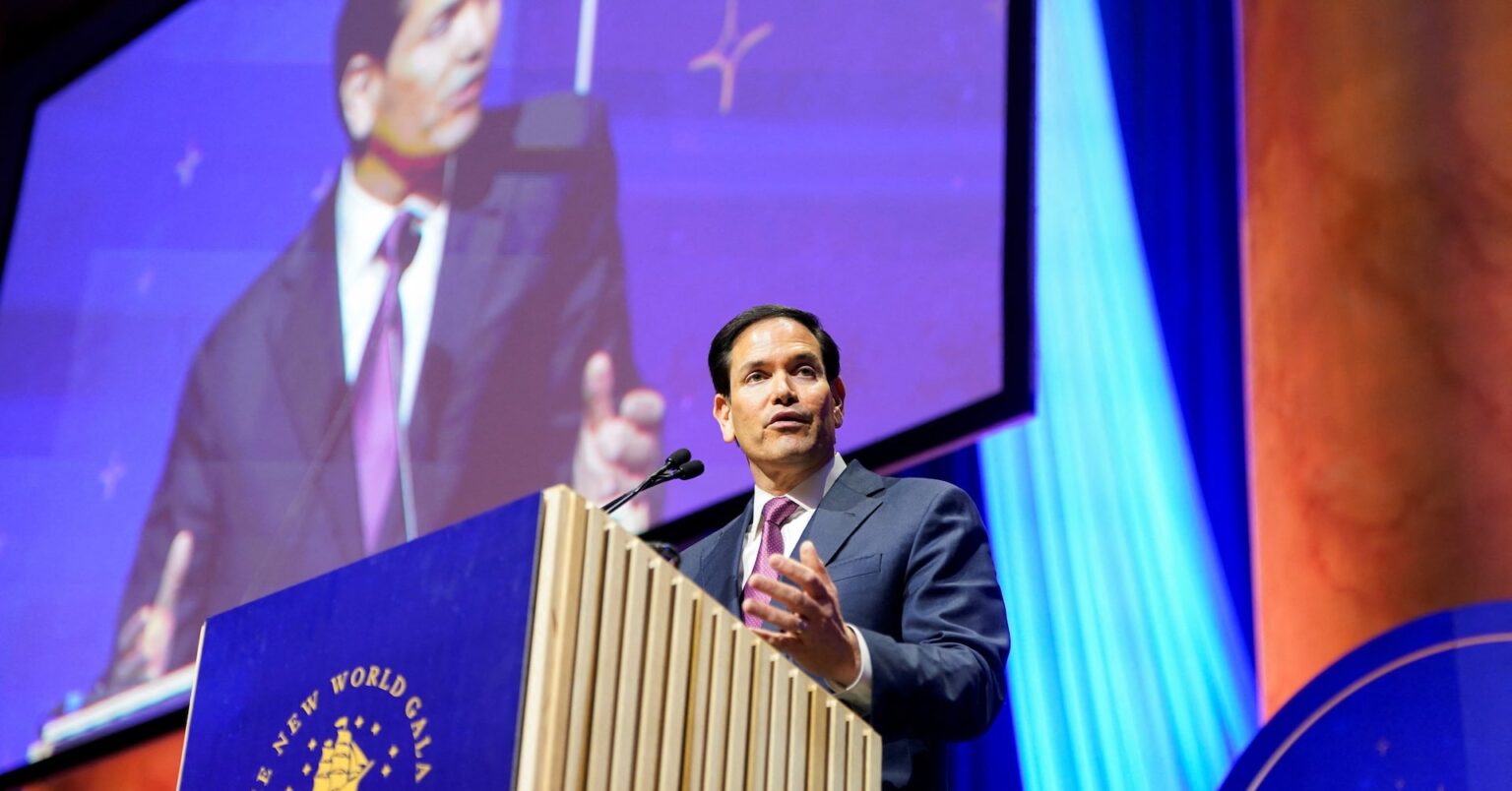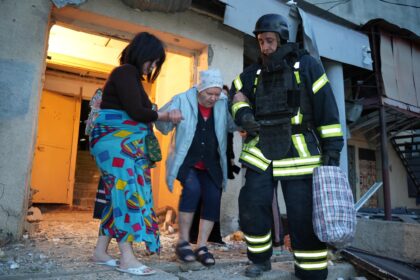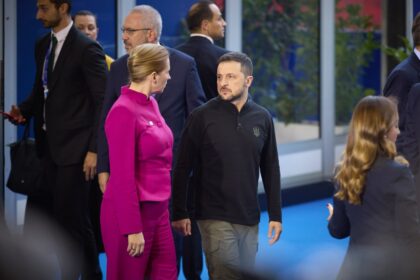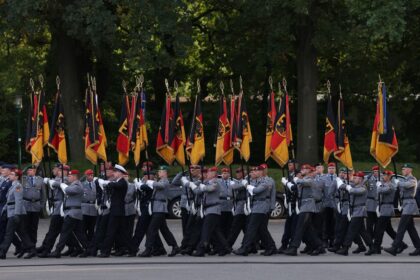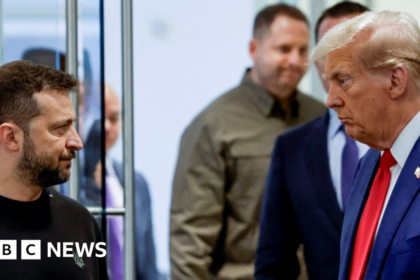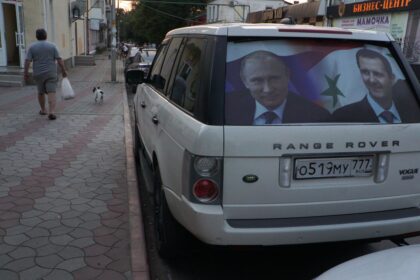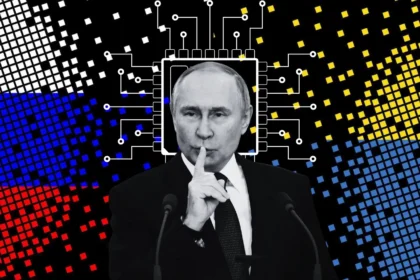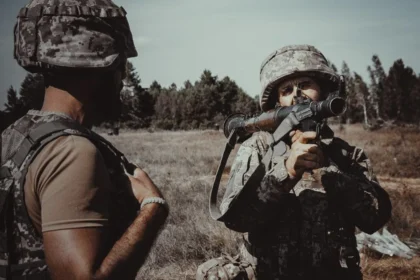**US Holds Back on New Russia Sanctions, Seeking Negotiation**
The United States will not impose further sanctions on Russia at this time, according to US Secretary of State Marco Rubio. In an interview with Politico, Rubio explained that the administration is holding back on new economic measures in order to maintain a chance for negotiation.
Rubio spoke at the sidelines of the NATO summit, where leaders are gathering to discuss global security issues. The secretary of state emphasized that if the US were to impose harsher sanctions on Russia, it would likely lose its ability to engage with Moscow about a ceasefire agreement.
“We probably lose our ability to talk to them about the ceasefire and then who’s talking to them?” Rubio said, suggesting that more severe sanctions could limit diplomatic options. Instead, the administration is working with Congress to ensure that President Donald Trump has the flexibility to impose new economic measures when deemed necessary.
Rubio’s comments reflect a cautious approach to Russia, seeking to balance pressure on Moscow with an interest in maintaining lines of communication. He emphasized that the US wants to create opportunities for Russia to return to the negotiating table and engage in diplomatic efforts.
**Analysis**
The US stance on Russia reflects a delicate balancing act between economic pressure and diplomatic engagement. While sanctions can be effective tools for shaping behavior, they also risk further straining already tense relationships. By holding back on new sanctions, the administration may be attempting to preserve some level of communication with Russia, which could ultimately benefit efforts towards a ceasefire agreement.
However, critics might argue that this approach is too lenient, given Russia’s actions in Ukraine and other regions. The decision not to impose further sanctions at this time suggests that the US sees value in maintaining diplomatic channels, even if it means allowing some flexibility on economic measures.
**Context**
The NATO summit provides a backdrop for these developments, as leaders discuss global security concerns. Other news from the summit includes comments from Greek Prime Minister Kyriakos Mitsotakis, who emphasized the importance of meeting defense spending targets among all 32 alliance members.
Read More @ www.reuters.com




